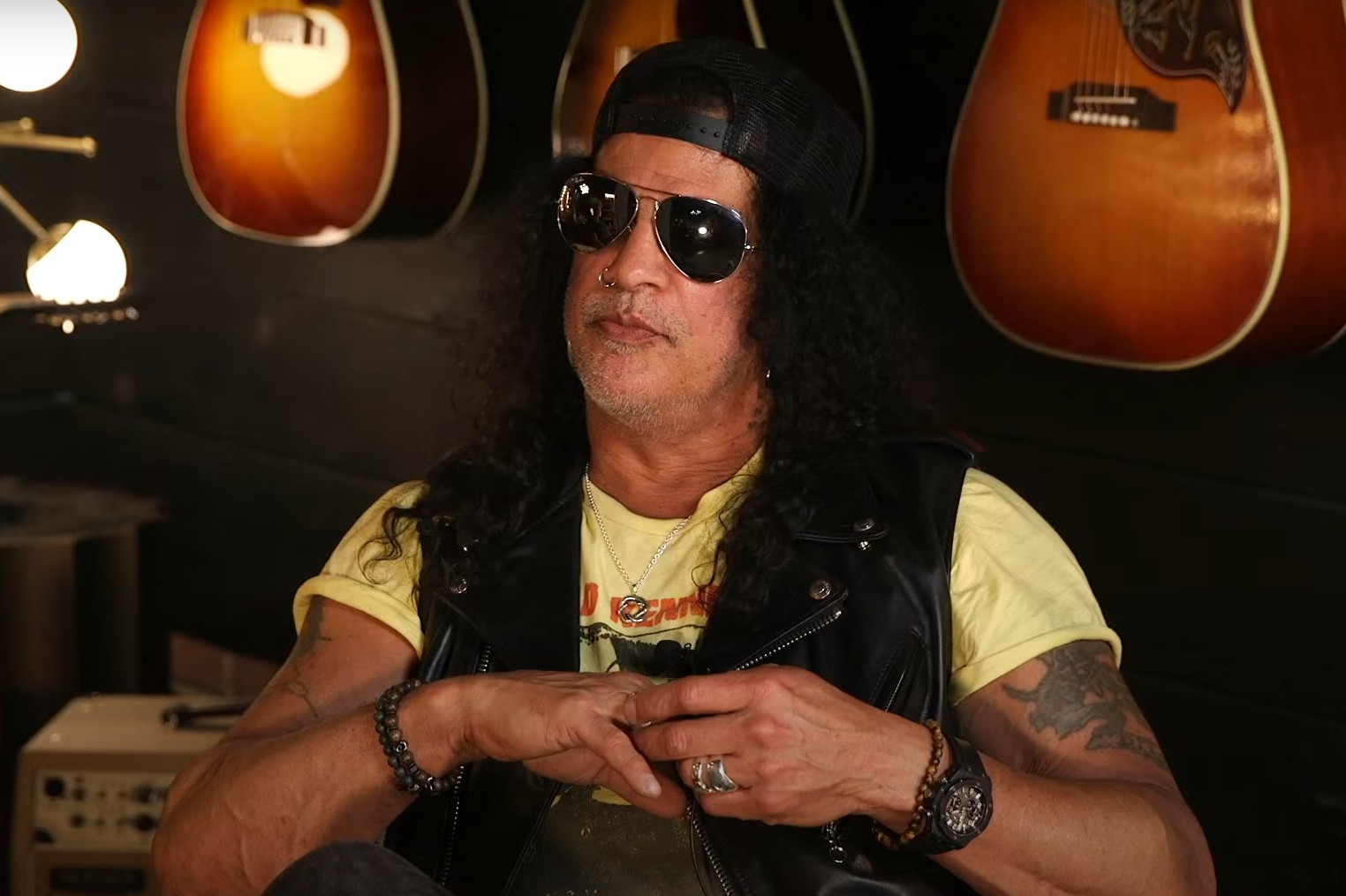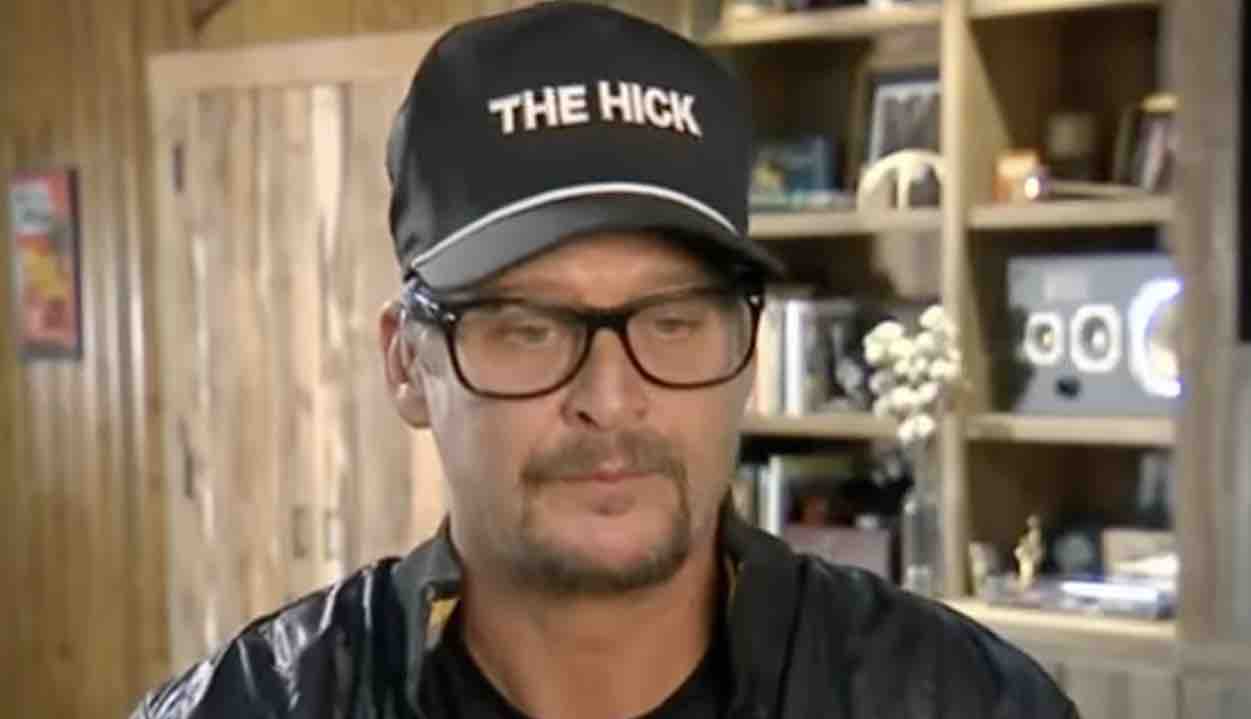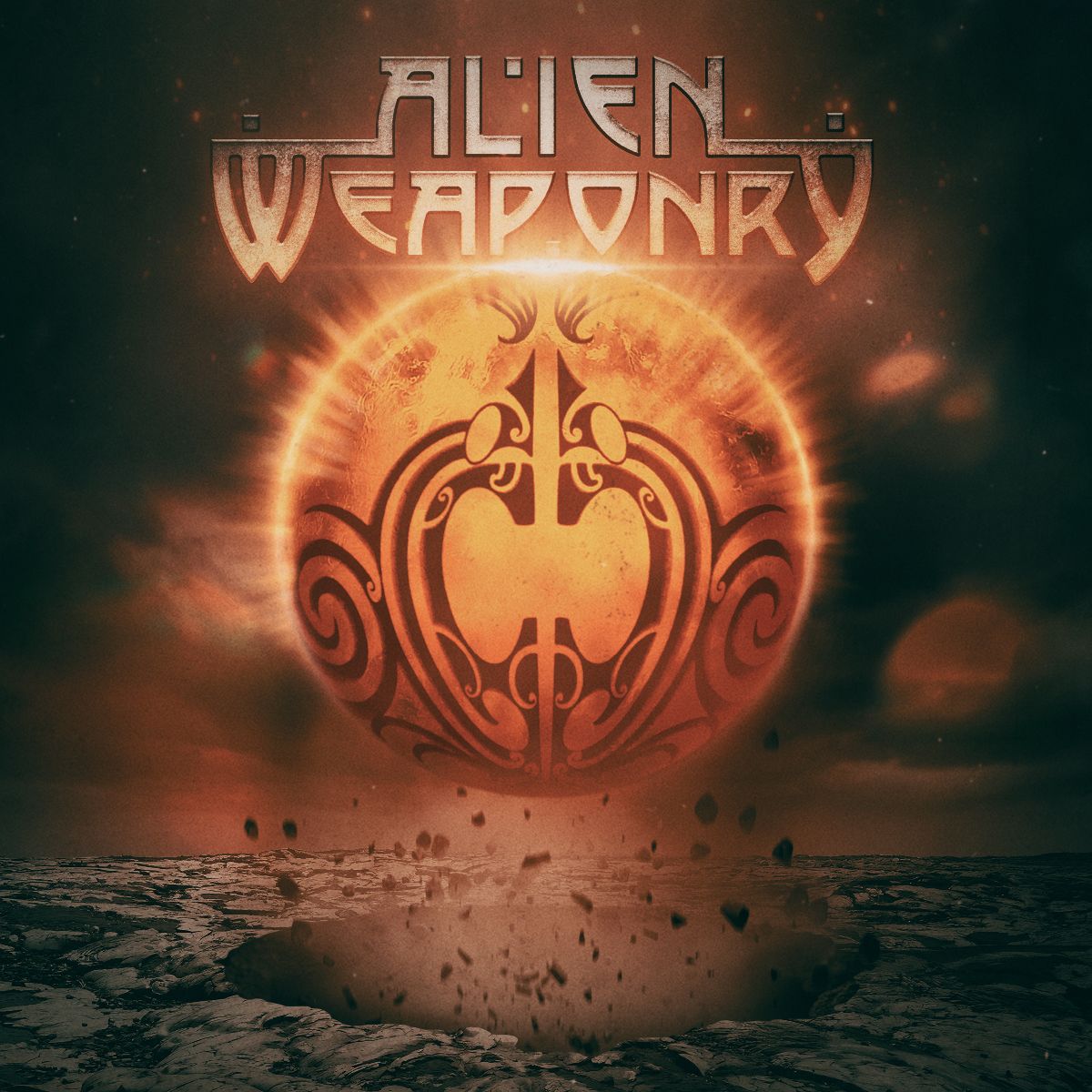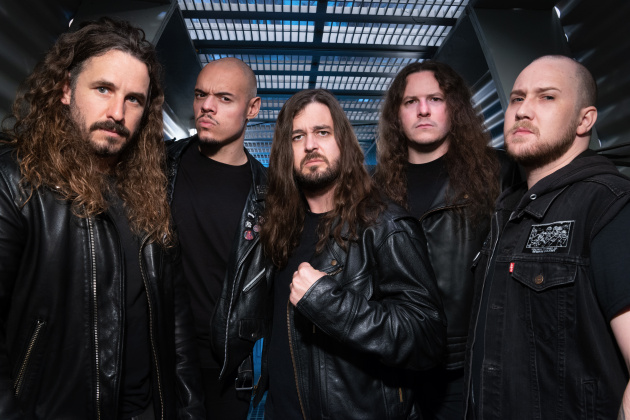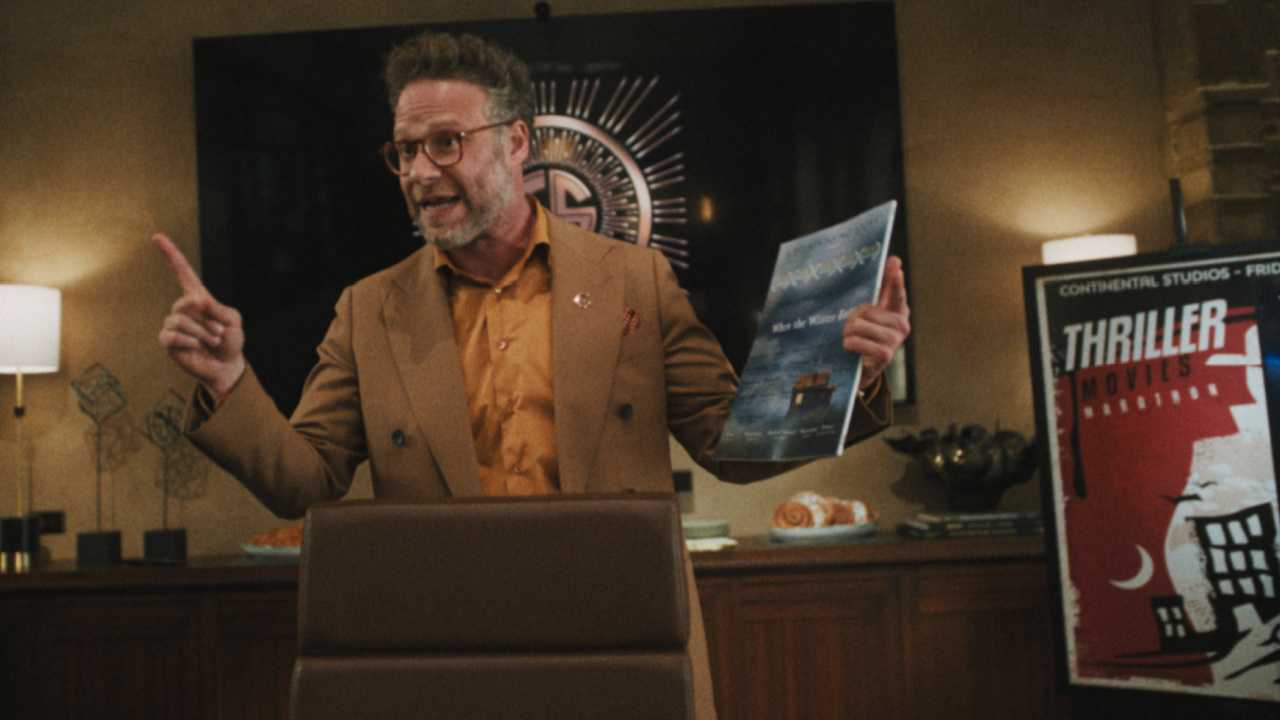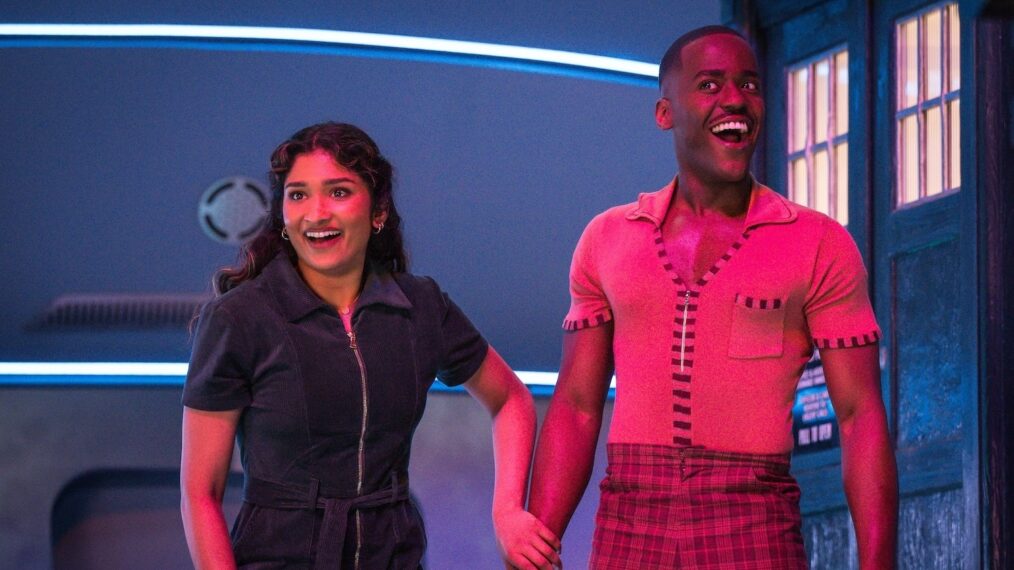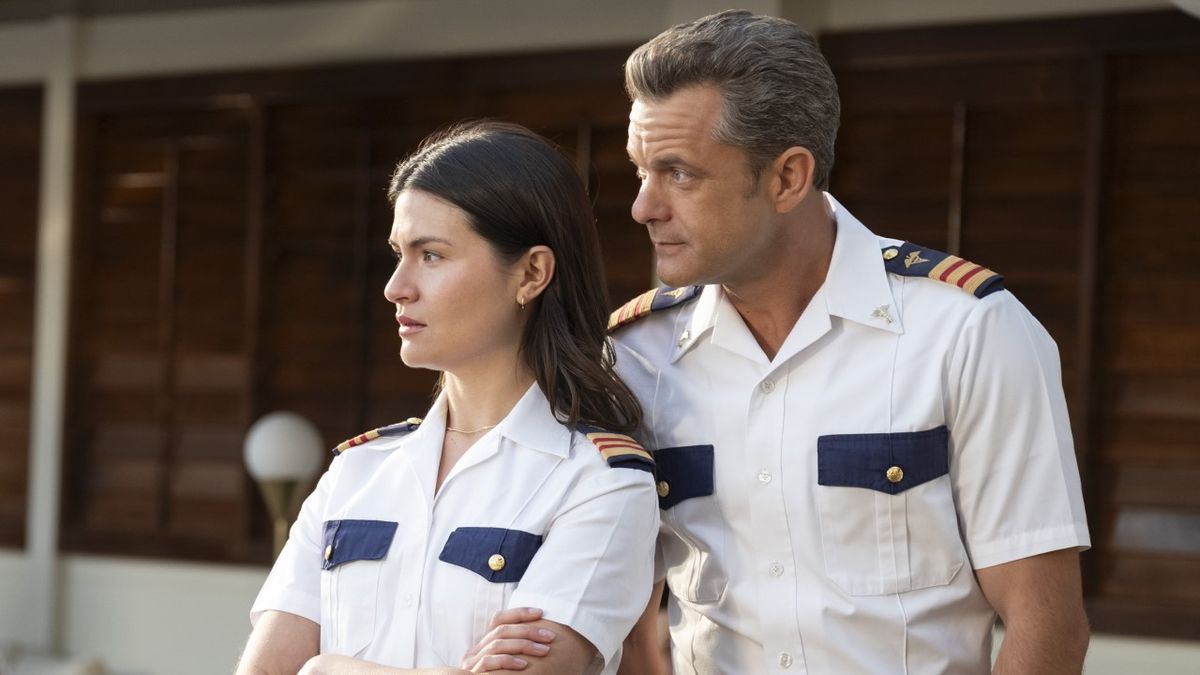Judas Priest guitarist Richie Faulkner famously suffered an aortic aneurysm and complete aortic dissection during the band’s performance at Louder Than Life 2021. Faulkner was rushed to the hospital and underwent an emergency 10 hour surgery that saved his life.
Now in a new interview with PremierGuitar, Faulker reveals that he also suffered a stroke shortly thereafter.
“We went back out on the road in 2022 and have kind of been on the road since. But there’s a bit of collateral damage. Well, not a lot of people know — some nearest and dearest, they know about it. So about a month after the incident, I went back in and we were walking the dog in the neighborhood back [home], and I had the dog. [My girlfriend] Mariah had [our daughter] Daisy. And I felt it come, I felt it, and it came over me and I knew it was coming and it came over me and my face went. I couldn’t talk. And Mariah was there. She took the dog, she had the baby, and she was holding me up. The neighbors were running out.
Faulkner went into detail, saying medical professionals originally thought he suffered a smaller transient ischaemic attack (TIA), but actually had a stroke.
“I haven’t felt comfortable up until this point — and I’ll tell you why — explaining what happened. So long story short, we went into the hospital — this was a month after the surgery — we went back in, and it was the last thing I wanted to do. ‘Fuck hospitals.’ They saved my life, but I’ve had enough of them for a month, So I’m back in there. And they basically said, what I think it was, was a TIA, which means transient ischaemic attack, which is a TIA. It’s a small stroke. So they’re sure it’s that. They put me on some medication.
“Turned out later on, it was an actual stroke. So Mariah thinks I had one in the ambulance on the way to the hospital. I don’t remember. I don’t recall anything. I remember small ones happening after the event. I was in the bathroom — it kind of went fuzzy and I sort of fell over. I think they were the TIAs, the mini ones. And the hospital said is when you have those, the danger is that there’s a big one coming or a normal stroke coming. So that seems to be what happened — when we were out walking the dog, that’s what happened. And it was obvious — Mariah said, ‘Your face went, you couldn’t talk.’
“It was like a weight was pulling me down. I was gonna fall over if she wasn’t holding me up. So, that’s what happened. And at the time, it stopped happening. I had another incident about a year after. I had another open-heart [surgery] — there was a leak, so they went in, opened it up again; I had another small one. So what happened was we went back out on the road, and I thought everything was fine. There was something in my right hand — I thought it was my rings; I wore these stupid rings for some reason. And I thought it was that. So I took the rings off. I thought it was impeding something. I was changing my picks. There was something different. I could get through it, but there was something different about my right hand.
“And again, I could get through it. I was brushing my teeth one morning and I thought, ‘Something’s wrong with the right hand. Something’s different.’ And the right foot, the right leg. So we went back in. We’d done some tests. They found some damage on the left side of the brain, which affects the right side. Now, fortunately, I don’t play guitar with my foot, so that’s fine. I can get away with that. But my hand, obviously, that’s our engine room. And everything started clicking into place in regards to what I was feeling on stage.
“There was something that was wrong. Something was impeding, something wasn’t right. So, as I said, we’d done some more tests. They found the damage. They said that the fact that it hasn’t gone away means that it’s not a TIA; it’s a stroke. TIA damage can go away. Stroke — that’s it. It is damaged. You’ve got damage in your brain. Now I thought I had brain damage before, but this is real. It’s a small thing on the left side.”
Faulkner later went into detail about why he never went public about having a stroke, saying he didn’t want people to lose faith in him.
“A few people near to me, they know, in the industry. There’s a lot of fear from my side about being found out. I feel like I’ve got a lot of trust from the fanbase, from the guitar companies, the string companies. They back you. They put their bets on you, and I don’t want anyone to know, because as soon as they know, they’re gonna lose faith, they’re gonna bail out. I’m not gonna be appealing to them anymore or I’m gonna let the fans down.
“And when we play with Priest, we go out… I mean, you go out and you think, ‘How is it gonna be tonight?’ And it’s not so much the solo stuff because the solo stuff you can kind of adapt. It’s the rhythm — the coordinated rhythm patterns and stuff like that. It’s gotta be locked in. And I felt that in a band like Priest, it’s gotta be world-class stuff and I don’t feel world class. I went out there every night. I feel like a fraud because people don’t know — maybe. But one day they’re gonna find out. Someone’s gonna find out, someone’s gonna say he’s not playing that the same.
“Invincible Shield, we came to record the guitars [at my home studio] and I couldn’t play what was on the demos from a year before. And we went out with [my side project] Elegant Weapons in 2023 playing with the band. It’s, like, ‘I can’t do that. What’s going on?’ And the more I practiced, the worse it got. When you practice, you hopefully get better. It was getting worse.
Faulkner continued: “There’s two reasons for me wanting to… Well, I’m more comfortable about coming out about it — and now ‘coming out’ is the wrong word — but opening up about it. I know there’s a lot of people out there that play, they sing, whatever they do, and they feel like they’re not good enough or that we don’t have these issues as well, and it affects your mental health. And I want them to know that they’re not alone. All of us, probably more people than we are all aware of, struggle with something somewhere.
“So you’re not alone. And the other reason was to release it, to get it out, to tell people. Because every time I go out — we do an onstage soundcheck [in front of fans who pay extra for the experience]. People are standing right where the cameras are and they’re right in front. And I’m thinking they’re gonna know, they’re gonna say I’m not playing ‘Painkiller’ right. Again, it is the rhythms more than anything. And I just thought if I kind of free that up, if I make that accessible, then the truth is the truth. You can’t argue the truth.
“That’s the way it is. I still play, we’re still writing records, we’re still playing as hard as we can — it doesn’t affect that — but there’s just little things I have to do. But I go out every night thinking… Sometimes I come off stage and I call home and I say, ‘I can’t fucking do it. I can’t do it. I can’t do it.’ There’s stuff that I used to play — I used to think something and it would come out. And now I’m up there struggling to play like a rhythm pattern. ‘I can’t do it. I can’t. I’m gonna quit. I can’t do it.’ And then you have a good one. So who wants that? But that’s the way it is. That’s the truth. So that’s what I struggle with. That’s the collateral damage.”










